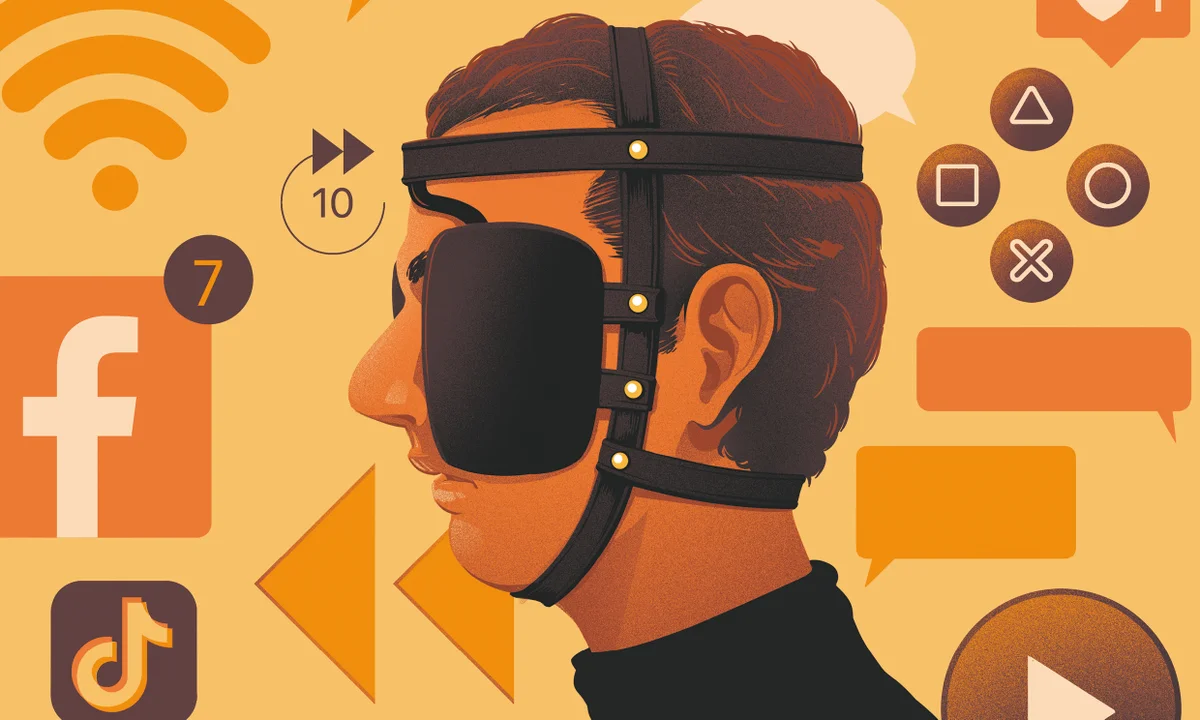The Hidden Code That Runs Your Life—And You’ve Never Noticed It
You wake up to the sound of your phone alarm. Notifications are already waiting. The weather app tells you if you need an umbrella. Music starts streaming. Maps guide you through traffic. News apps curate stories for your morning scroll. All of this happens before you’ve even had coffee.
But behind every swipe, ping, and suggestion is something invisible: code. Not just any code—but complex, intelligent, adaptive algorithms silently working in the background. They’re not just powering your devices. They’re shaping your decisions, influencing your habits, and in many ways, running your life.
Code Is Not Just for Developers Anymore
When most people hear the word “code,” they think of green text on a black screen or a developer hunched over a laptop. But code today lives everywhere. It’s in your smart home, your car, your fridge, your bank, your grocery store, and even in your health apps.
From what you watch on Netflix to how long you spend on Instagram, code is writing the script. You don’t see it—but it sees you.
Algorithms: The Invisible Architects
At the heart of this code are algorithms—sets of instructions that determine what happens next. They decide which products you see when you shop online. They sort your emails. They predict what you might want to eat. They even guess who you might want to date.
Think you’re choosing your next song, show, or article? Most of the time, an algorithm chose it for you. It’s not always obvious, but over time, these small decisions shape your preferences, routines, and opinions.
The Loop You Didn’t Know You’re In
Here’s how the loop works. You do something—click a link, pause on a video, buy a product. The code watches and learns. Then it shows you more of the same. You react. It adjusts. Slowly, it builds a model of who it thinks you are and fine-tunes what you see.
The result is a feedback loop. The more you engage, the more personalized things get. It feels convenient. It feels smart. But over time, it can become limiting. You see less of the world and more of what the code thinks you’ll like.
Predictable Is Profitable
Why is so much effort poured into making this invisible code smarter? Because predictability is valuable. If a company can predict what you want, it can sell it to you faster. If it can keep you watching, it can sell more ads. If it can predict your habits, it can influence them—sometimes without your knowledge.
In many ways, the more predictable you are, the more profitable you become. That’s why personalization, automation, and data collection have become the foundation of the modern digital experience.
We Trade Convenience for Control
We’ve allowed this code into our lives because it makes things easier. It organizes chaos. It saves time. It remembers things we forget. But that convenience often comes at the cost of control.
The more decisions we offload to code, the less aware we are of the choices we’re not making. We might not notice how our opinions are being shaped, how our routines are being guided, or how our time is being spent.
Can You Break Free?
It’s not about deleting every app or living off-grid. It’s about awareness. The moment you realize how much of your digital life is driven by code, you can start to take back some control.
You can:
- Be intentional about your screen time
- Diversify your sources of news and content
- Limit permissions and tracking where possible
- Use tools that prioritize transparency and user control
Code is not the enemy. It’s a tool. But like any powerful tool, it can be used with intention—or without your knowledge.
Final Thought
You don’t need to see the code to be affected by it. It’s in your pocket, your home, and your habits. It’s guiding your choices in ways you may never notice unless you look closely.
The hidden code that runs your life doesn’t need to be a mystery—but it does need your attention.






